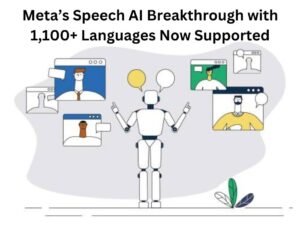
Meta’s Speech AI Breakthrough with 1,100+ Languages Now Supported
Meta’s introduction to discourse man-made intelligence is essential for its more extensive mission to make a more associated world.
With the immense phonetic variety that exists internationally — north of 7,000 dialects spoken across the world — correspondence is much of the time restricted to a couple of significant dialects.
Meta’s open-source models intend to address this divergence by offering powerful help for underrepresented dialects, offering a voice to networks that have customarily been avoided with regard to the computerized discussion.
Why Open-Source Matters in artificial intelligence Development
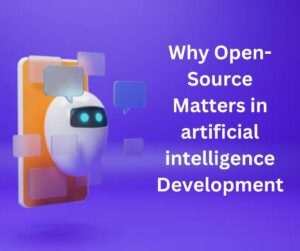
– A key perspective that separates Meta’s discourse man-made intelligence is its open-source nature.
By making these models open-source, Meta permits scientists, designers, and etymologists from around the world to get to, adjust, and work on the models.
This democratization of innovation is supposed to accelerate headways in the field of regular language handling (NLP) and discourse acknowledgment.
Open-source models encourage joint effort and straightforwardness, which are fundamental in building reliable man-made intelligence frameworks.
They take into consideration local area driven upgrades, making the models more precise and versatile to explicit territorial vernaculars and varieties.
A Specialized Forward leap: How Meta Accomplished Help for 1,100 Languages
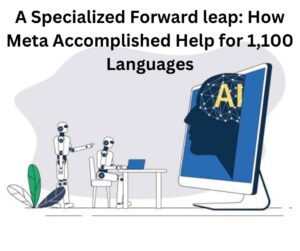
Building a discourse computer based intelligence model that backings more than 1,100 dialects is quite difficult.
It requires huge information assortment, complex calculations, and strong figuring capacities.
Meta’s methodology included preparing its models utilizing a long period of time of multilingual sound information, obtained from openly accessible datasets and authorized content.
This broad preparation empowers the computer based intelligence to comprehend and deal with a wide assortment of phonetic examples, accents, and discourse subtleties.
The basic engineering of Meta’s discourse artificial intelligence use progressed AI methods like transformers and self-regulated learning.
By utilizing self-regulated learning, the models can gain from unlabeled sound information, altogether diminishing the requirement for physically marked datasets.
Overcoming any barrier for Underrepresented Languages
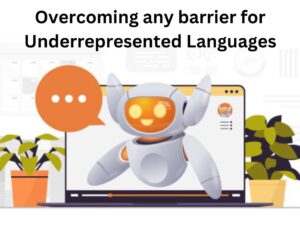
One of the most convincing parts of Meta’s discourse computer based intelligence models is their capacity to help dialects that have customarily been disregarded in the tech world.
Numerous native dialects, local vernaculars, and less popular dialects have restricted computerized portrayal.
Meta’s models assist with overcoming this issue by giving discourse acknowledgment abilities to dialects that could somehow be ignored.
This component has significant ramifications for social conservation.
As large numbers of these dialects are in danger of vanishing, the capacity to digitize and record discourse information can assist with protecting them for people in the future.
Certifiable Applications with Changing Correspondence Across Industries

The possible utilizations of Meta’s discourse computer based intelligence models are huge, crossing numerous areas and businesses.
In schooling, these models can be utilized to make more comprehensive learning stages that offer guidance in an understudy’s local language, subsequently further developing cognizance and learning results.
Medical care administrations can likewise profit from constant language support, making it simpler for specialists to speak with patients who communicate in various dialects.
Furthermore, Meta’s simulated intelligence models can reform client care for organizations by empowering multilingual help.
Chatbots and menial helpers controlled by these models can associate with clients in their favored language, further developing client experience and fulfillment.
Challenges and Moral Considerations
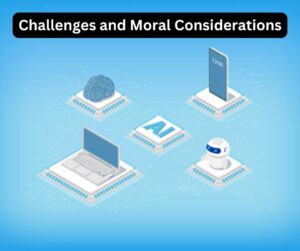
Regardless of the colossal capability of Meta’s open-source discourse artificial intelligence models, challenges remain.
Preparing computer based intelligence to comprehend and handle huge number of dialects is intrinsically complicated, as specific dialects have less assets and less normalized orthography.
Furthermore, guaranteeing that the artificial intelligence is socially touchy and exact in its understandings is significant for keeping up with trust and decency.
The Fate of Language computer based intelligence: What Untruths Ahead?
Meta’s development is only the start of a more extensive shift towards more comprehensive and able language computer based intelligence.
As the models keep on improving, we can anticipate significantly more prominent precision and a more profound comprehension of the complexities of human discourse.
Future updates might remember highlights like ongoing record for expanded reality (AR) conditions or consistent interpretation in computer generated experience (VR) spaces.
With more tech monsters zeroing in on language inclusivity, the opposition in the field of discourse artificial intelligence is probably going to heighten.
A New Era of Digital Inclusivity
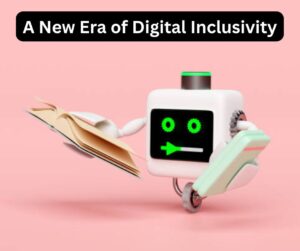
Meta’s open-source discourse artificial intelligence models supporting more than 1,100 dialects address a stupendous jump in the realm of man-made consciousness and worldwide correspondence.
By separating language obstructions and giving high level discourse innovation open, Meta is preparing for a more comprehensive computerized future.
Whether it’s saving jeopardized dialects, upgrading client encounters, or cultivating worldwide joint effort, this drive can possibly reshape how we associate with one another in the computerized age.

Smartcric I do not even understand how I ended up here, but I assumed this publish used to be great